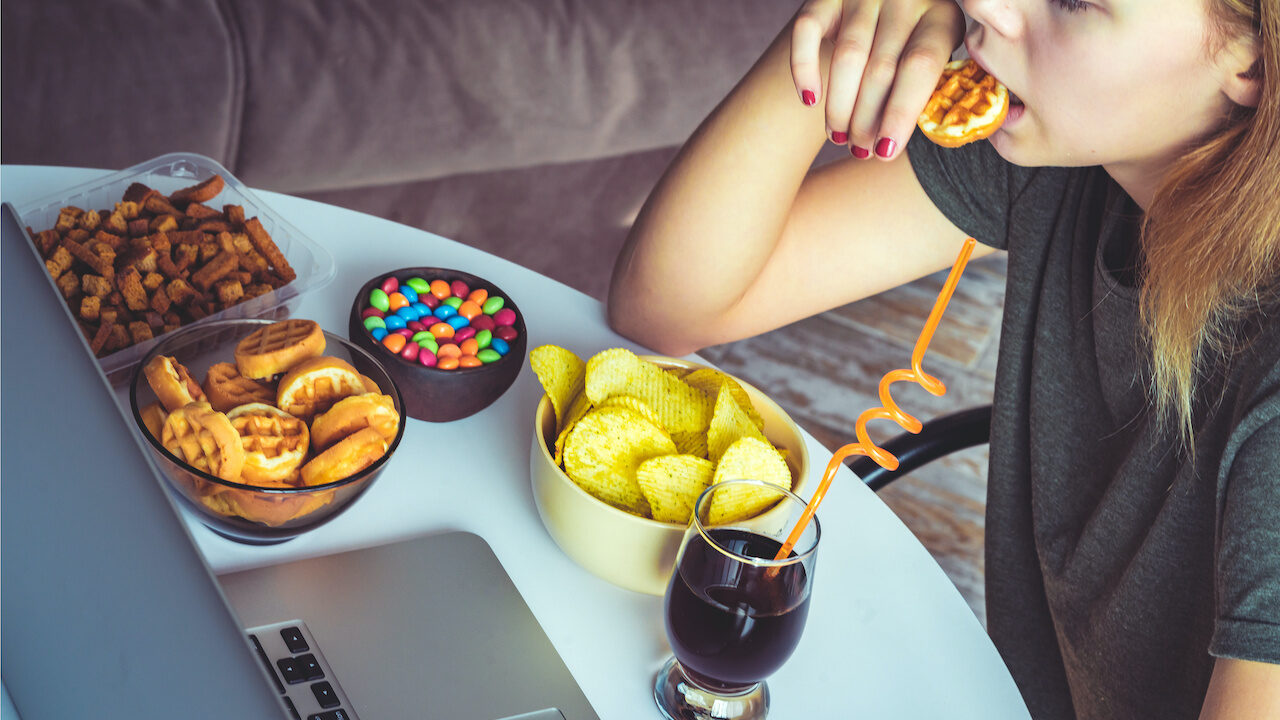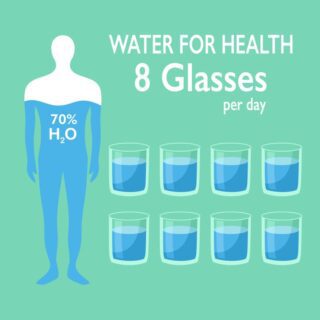The Science of Stress Eating and How to Overcome It

Introduction
Stress eating, also known as emotional eating, is a common response to high-stress situations. It often involves consuming comfort foods, typically high in sugar or fat, which can lead to weight gain and other health issues over time. This article explores the science behind stress eating and offers strategies to break the cycle.
Why Stress Leads to Overeating
1. Hormonal Triggers:
- Stress increases cortisol levels, which can stimulate appetite and cravings for high-calorie foods.
2. Emotional Comfort:
- Eating releases dopamine, a feel-good hormone, temporarily alleviating stress and anxiety.
3. Distraction from Stress:
- Food serves as a distraction, providing a momentary escape from stressful thoughts or situations.

Negative Effects of Stress Eating
- Weight Gain: Consuming excess calories often leads to unwanted weight gain.
- Nutrient Deficiencies: Overeating unhealthy foods reduces the intake of essential nutrients.
- Increased Risk of Chronic Diseases: Prolonged stress eating can lead to obesity, diabetes, and heart disease.
Strategies to Overcome Stress Eating
- Identify Triggers: Keep a journal to track stress-eating episodes and identify patterns.
- Practice Mindful Eating: Focus on hunger cues and eat slowly to avoid overeating.
- Find Alternative Coping Mechanisms: Replace eating with stress-relief activities like exercise, meditation, or journaling.
- Plan Healthy Snacks: Keep nutritious options like fruits, nuts, or yogurt on hand to reduce unhealthy snacking.
Conclusion
Stress eating is a natural response, but understanding its causes can help you break the habit. By adopting healthier coping mechanisms and being mindful of your eating habits, you can maintain better physical and emotional health.
Summary:
- Stress eating is triggered by hormonal changes, emotional comfort, and distraction from stress.
- Negative effects include weight gain, nutrient deficiencies, and chronic disease risks.
- Strategies include identifying triggers, practicing mindful eating, and choosing healthy snacks.

This article reviewed by Dr. Jim Liu, MD.
There’s nothing more important than our good health – that’s our principal capital asset.
#medical #telehealth #umedoc









